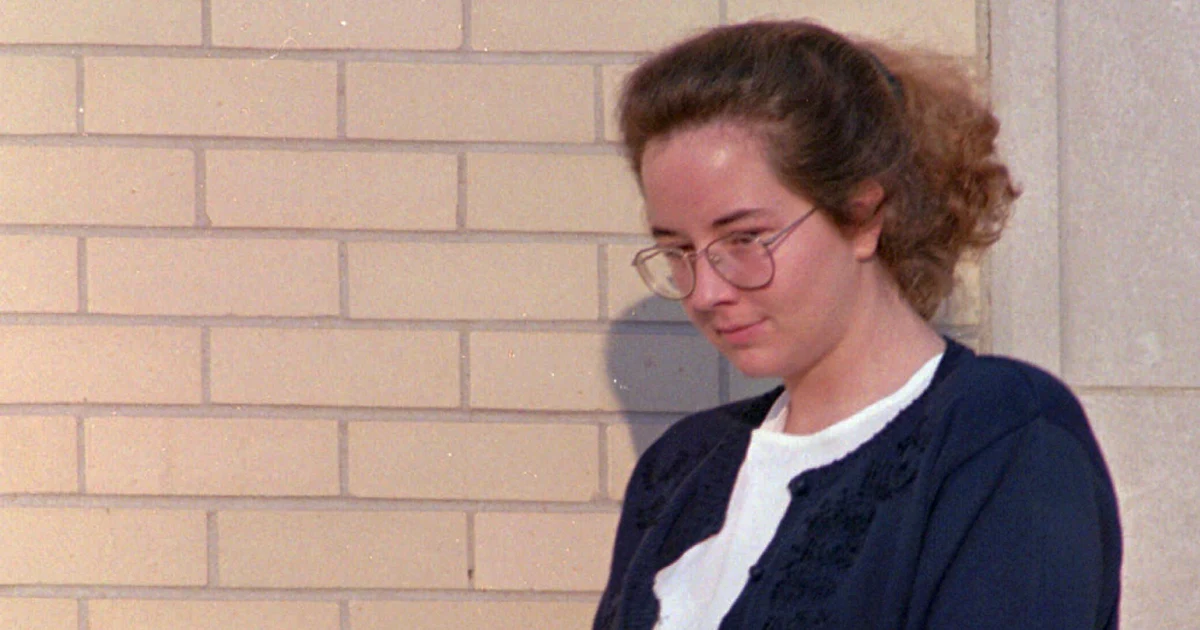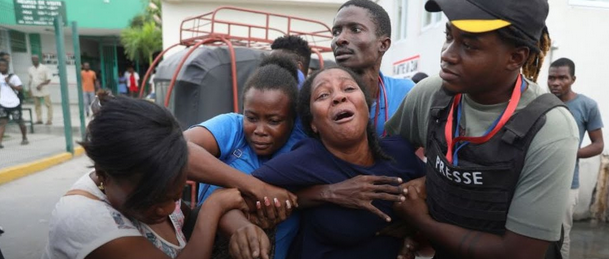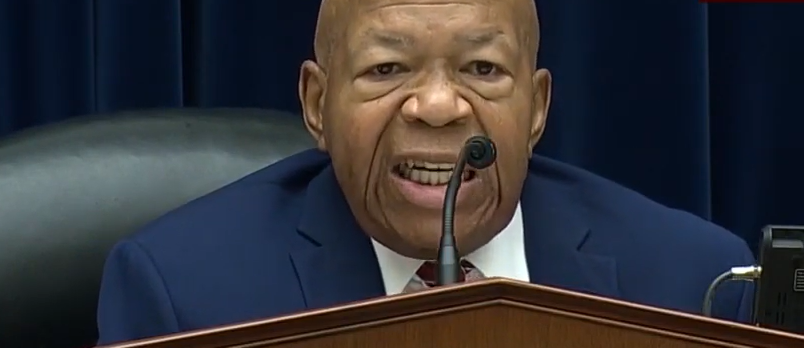Susan Smith, now 53, heard her first parole hearing on November 20, 2024. It was thirty years after she committed one of the most chilling crimes in American history. Her plea for parole was voted down unanimously. The hearing was conducted via a jailhouse video feed. And, this renewed attention to her actions in October 1994, when she drowned her two young sons, Michael, 3, and Alexander, 14 months, in South Carolina’s John D. Long Lake.
The Crime That Shook a Nation
On October 25, 1994, Smith strapped her son in the back seat of her car and sent it off to the bottom of the lake. The boys were underwater for six grueling minutes before the car fully submerged. First, Susan Smith manufactured a tale of her children being carjacked by a Black man and triggered a nationwide search for her children. The story unraveled nine days later when she confessed, citing her despair and personal struggles as motivations.
Prosecutors could introduce a darker motive at her trial: she was having an affair with a man who didn’t want children. Yet her lawyers portrayed Smith as a woman beset by mental illness. This was supporter by postparum depression and suicidal tendencies, that drove her to commit the murders. The jury convicted Smith of two counts of murder in July 1995, and she was sentenced to life in prison with parole eligibility for 30 years.
Also read: Coachella 2025 Lineup: Lady Gaga, Green Day, Post Malone & More
The Parole Hearing
Susan Smith appeared emotional during her parole hearing, expressing regret. Her attorney, Tommy Thomas, pointed to her difficult past, including her father’s suicide, and mental health struggles as mitigating factors. He argued for her release, stating that she was genuinely remorseful.
Her former husband, David Smith, was also very vocal in opposing her release. Wearing a pin with his sons on it, he testified through tearful speech. He said, “This wasn’t a tragic mistake…she purposely meant to end their life.” He appealed for the board to deny her parole, calling his crime significant.
Joining the board were other familiar faces, such as prosecutor Tommy Pope, who had prosecuted Smith thirty years earlier. He brought back to the board’s minds Smith’s involvement in misconduct in prison, including drug use and improper relationships with guards.
Life in Prison
Since her imprisonment, Smith’s prison record has been blotted by numerous infractions. Between 1995 and 2015, she received 10 disciplinary sanctions. This included drug use and even sex relations with prison guards-a factor that undermined whatever public sympathy existed for her case.
Recently, Smith sought David Smith’s help when she asked him to consider paroles. Such a request seemed to infuriate him. He felt that she was delusional and unable to show sensitivity about the suffering she had caused. Her actions in prison, along with her requests, painted a picture of some capacity to understand the impact she created.
Public Reaction and the Road Ahead
Many, including Michael and Alexander’s surviving family, were relieved by the parole denial. However, public sentiment around the case remains overwhelmingly negative, with few willing to extend sympathy. Eric Bland, a South Carolina attorney familiar with high-profile cases. He remarked that no one he knew supported Smith’s release despite the passage of three decades.
Smith will become eligible for parole again in 2026, but the road to freedom is high. Many believe that her chances of release are only slim, given the gravity of her crime and her spotty record in prison.
A Legacy of Pain
For David Smith and his family, the wounds of 1994 remain fresh. The loss of Michael and Alexander continues to cast a long shadow. Presenting before the parole board, David Smith declared his continued pain. And it thereby emphasizes the respect bestowed on his son’s memory through the board’s decision.
Susan Smith’s story is one of tragedy and horror, a stark reminder of the devastating consequences of unchecked despair and mental health struggles. So, memories of Michael and Alexander remain at the forefront of minds, ensuring justice for the young boys.







